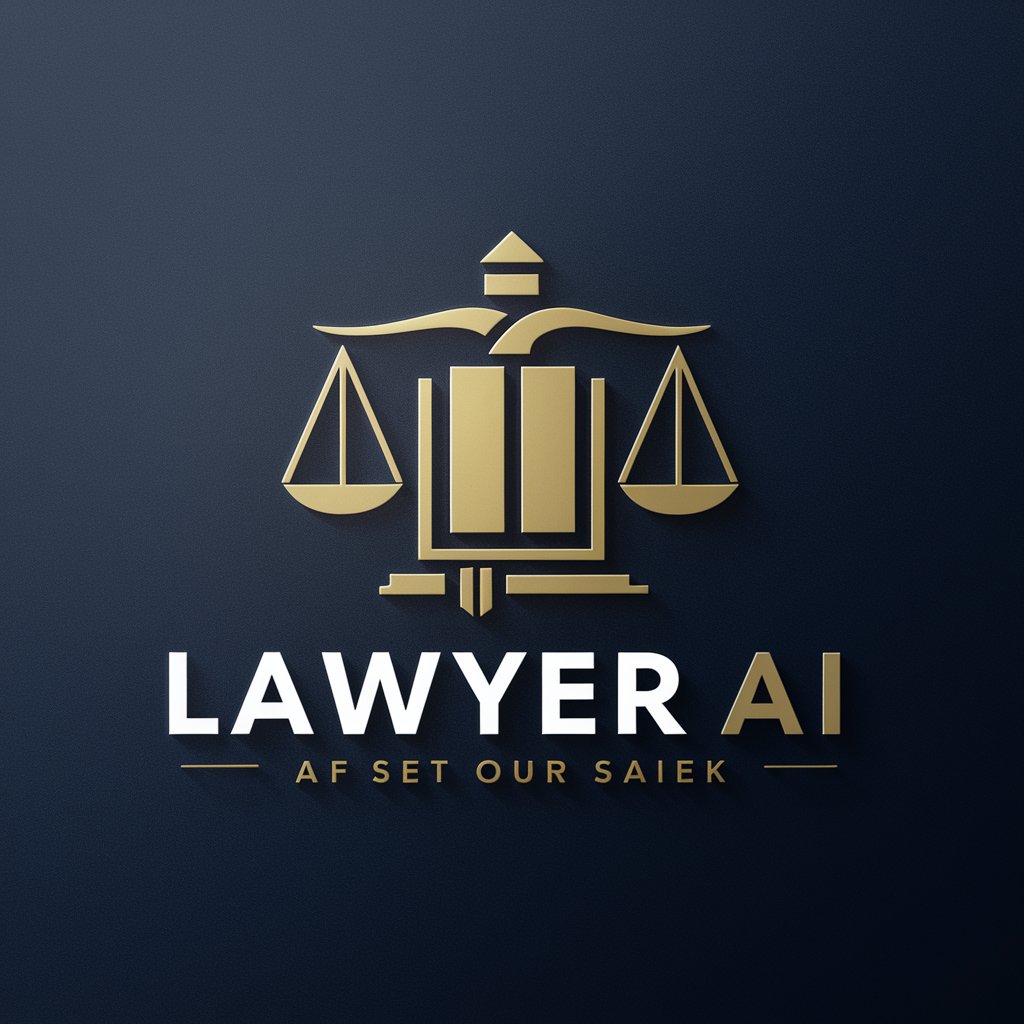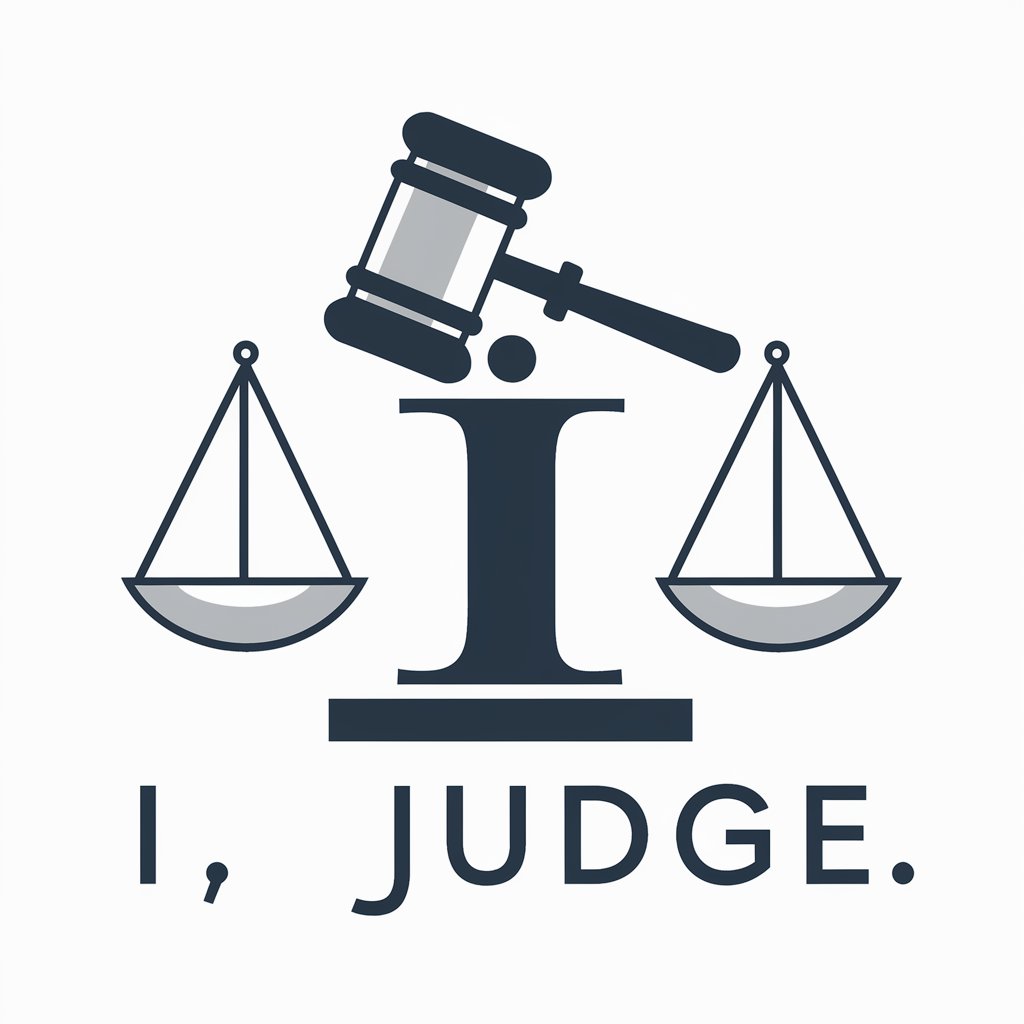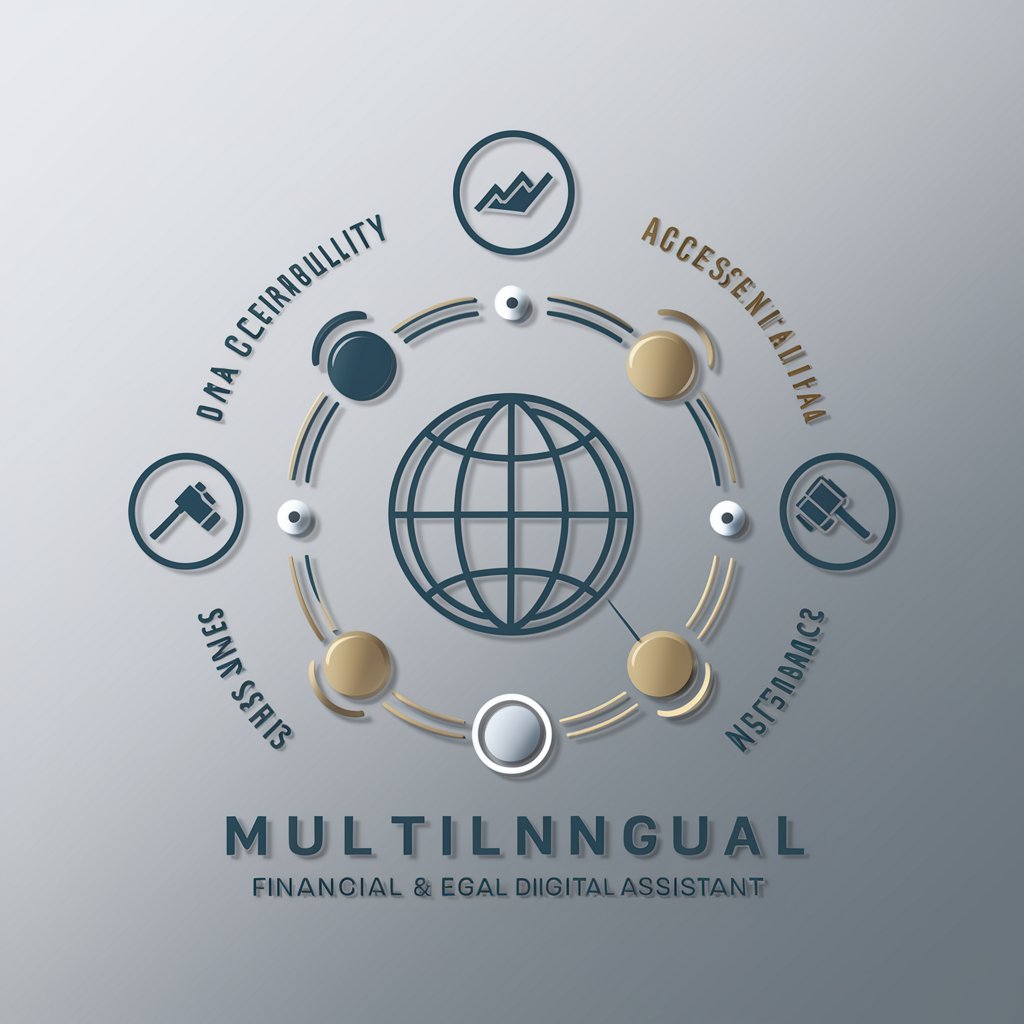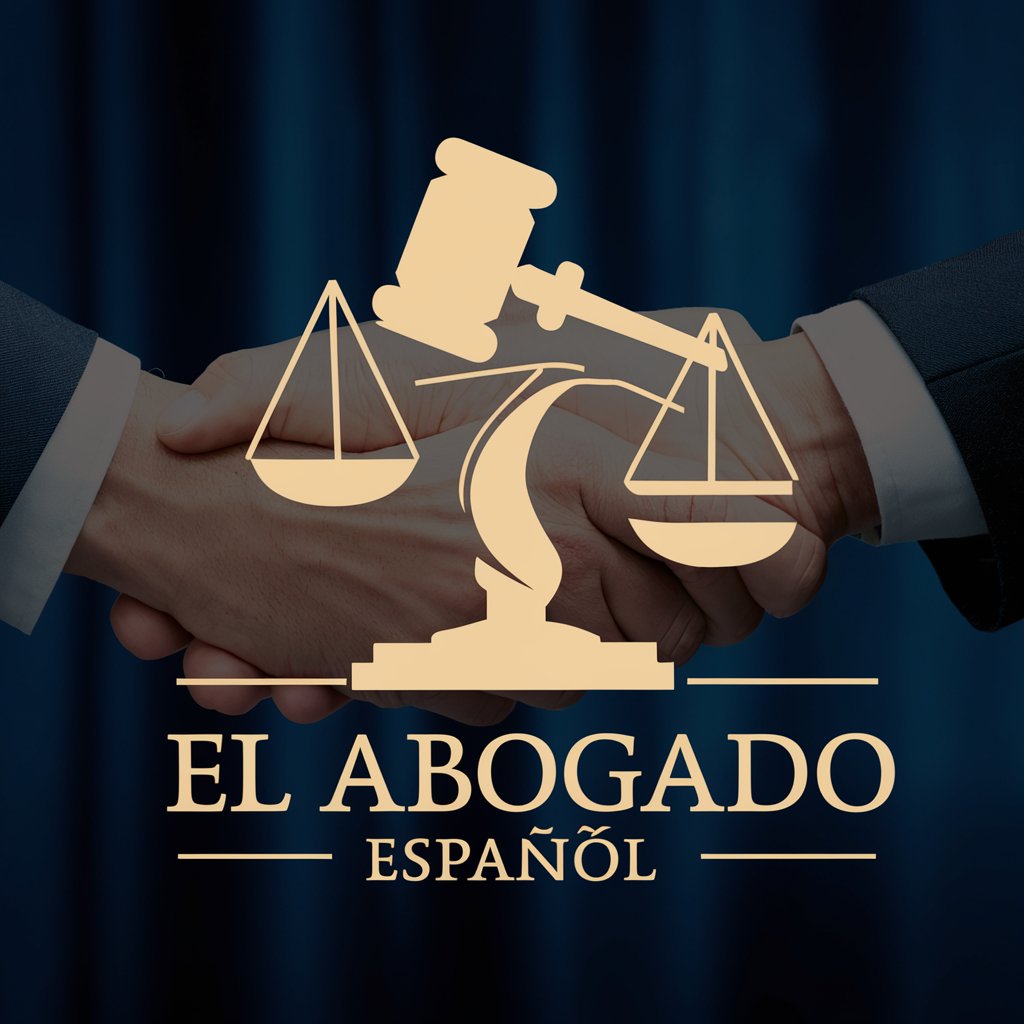13 GPTs for Statute Interpretation Powered by AI for Free of 2026
AI GPTs for Statute Interpretation are advanced machine learning models specifically designed to understand and interpret legal documents and statutes. Leveraging the power of Generative Pre-trained Transformers, these tools offer tailored solutions for analyzing complex legal texts, providing insights, and assisting in legal decision-making. They are significant in legal tech for their ability to digest large volumes of legal material, offering precise interpretations and predictions relevant to specific legal contexts.
Top 10 GPTs for Statute Interpretation are: Case Law Research Assistant By My Legal Academy,Lawyer AI,법률AI - 판사 검사 변호사 민법 형법 민사소송법 형사소송법 헌법,California Lawyer,US Criminal Law Bot,I, Judge,Droit Belge,Multilingual Financial and Legal Expert,Legal Eagle,Abogado Español
Case Law Research Assistant By My Legal Academy
AI-Powered Legal Insights at Your Fingertips

Lawyer AI
Empowering Legal Understanding with AI

법률AI - 판사 검사 변호사 민법 형법 민사소송법 형사소송법 헌법
AI-powered legal assistant for Korean law

California Lawyer
Navigating California Law with AI

US Criminal Law Bot
Navigating Criminal Law with AI

I, Judge
Decoding German Law with AI Precision

Droit Belge
AI-powered Belgian legal insights

Multilingual Financial and Legal Expert
AI-Powered Multilingual Expertise in Finance and Law

Legal Eagle
Your AI-powered Irish legal guide.

Abogado Español
Empowering Legal Understanding with AI

Lawyer GPT
Empowering legal decisions with AI

Legal Aide for Irish Lawyers
Streamlining Irish Law with AI

Legal Scholar
Empowering legal understanding with AI

Key Attributes and Functionalities
AI GPTs designed for Statute Interpretation excel in natural language processing, enabling them to understand and process legal jargon akin to a trained legal professional. Key features include high adaptability to different legal systems and languages, advanced text analysis for extracting relevant legal principles, and the ability to provide contextually accurate interpretations. Special features may encompass web search for latest legal precedents, image analysis for document review, and customized data analysis for legal research.
Intended Users
These tools cater to a wide audience, including legal practitioners, law students, legal tech developers, and even individuals seeking to understand legal documents without extensive legal training. They are designed to be user-friendly for those without programming skills, while also offering advanced customization and integration options for tech-savvy professionals in the legal field.
Try Our other AI GPTs tools for Free
Photography Planning
Discover how AI GPTs for Photography Planning revolutionize the way photographers conceptualize, plan, and execute projects, offering creative, technical, and logistical support.
Image Conceptualization
Explore AI GPT tools for Image Conceptualization, your gateway to transforming ideas into visuals with AI-powered precision and creativity.
Data Preprocessing
Discover how AI GPTs revolutionize Data Preprocessing with intuitive, scalable solutions for cleaning, transforming, and enhancing your data, making it analysis-ready.
Lottery Enthusiasts
Discover how AI GPTs for Lottery Enthusiasts leverage advanced analytics and machine learning to offer tailored advice, predictions, and strategies for lottery enthusiasts, enhancing their understanding and performance in lottery games.
Predictive Analysis
Discover the transformative potential of AI GPTs for Predictive Analysis, offering advanced, adaptable tools for forecasting future trends and behaviors across various sectors.
Startup Analysis
Unlock the potential of your startup with AI GPTs for Startup Analysis. These advanced tools offer tailored insights for market understanding, competitive strategy, and growth planning, designed for both technical and non-technical users.
Further Considerations
AI GPTs for Statute Interpretation not only make legal texts more accessible but also promote efficiency and accuracy in legal analysis. Their user-friendly interfaces and potential for integration into existing systems underscore their versatility and innovation in legal tech, marking a significant step forward in the digital transformation of the legal sector.
Frequently Asked Questions
What exactly are AI GPTs for Statute Interpretation?
They are AI models trained to interpret legal documents and statutes, providing users with insights and analyses of complex legal texts.
Who can benefit from these tools?
Legal professionals, students, tech developers, and anyone needing assistance in understanding legal documents.
Do I need coding skills to use these tools?
No, these tools are designed to be accessible without programming expertise, though coding skills can enhance customization.
Can these tools adapt to any legal system?
Yes, they are designed to be highly adaptable to various legal systems and languages.
How do AI GPTs for Statute Interpretation stay updated with new laws?
These tools often incorporate web searching capabilities to fetch and analyze the latest legal documents and updates.
Can these tools integrate with existing legal research workflows?
Yes, they offer integration capabilities to enhance and streamline legal research and analysis workflows.
Are there customization options for specific legal analysis needs?
Absolutely, users can tailor these tools for specific legal contexts or areas of law, enhancing their research and interpretation capabilities.
How do these tools handle complex legal jargon?
They utilize advanced natural language processing techniques to understand and interpret complex legal terminology and texts accurately.